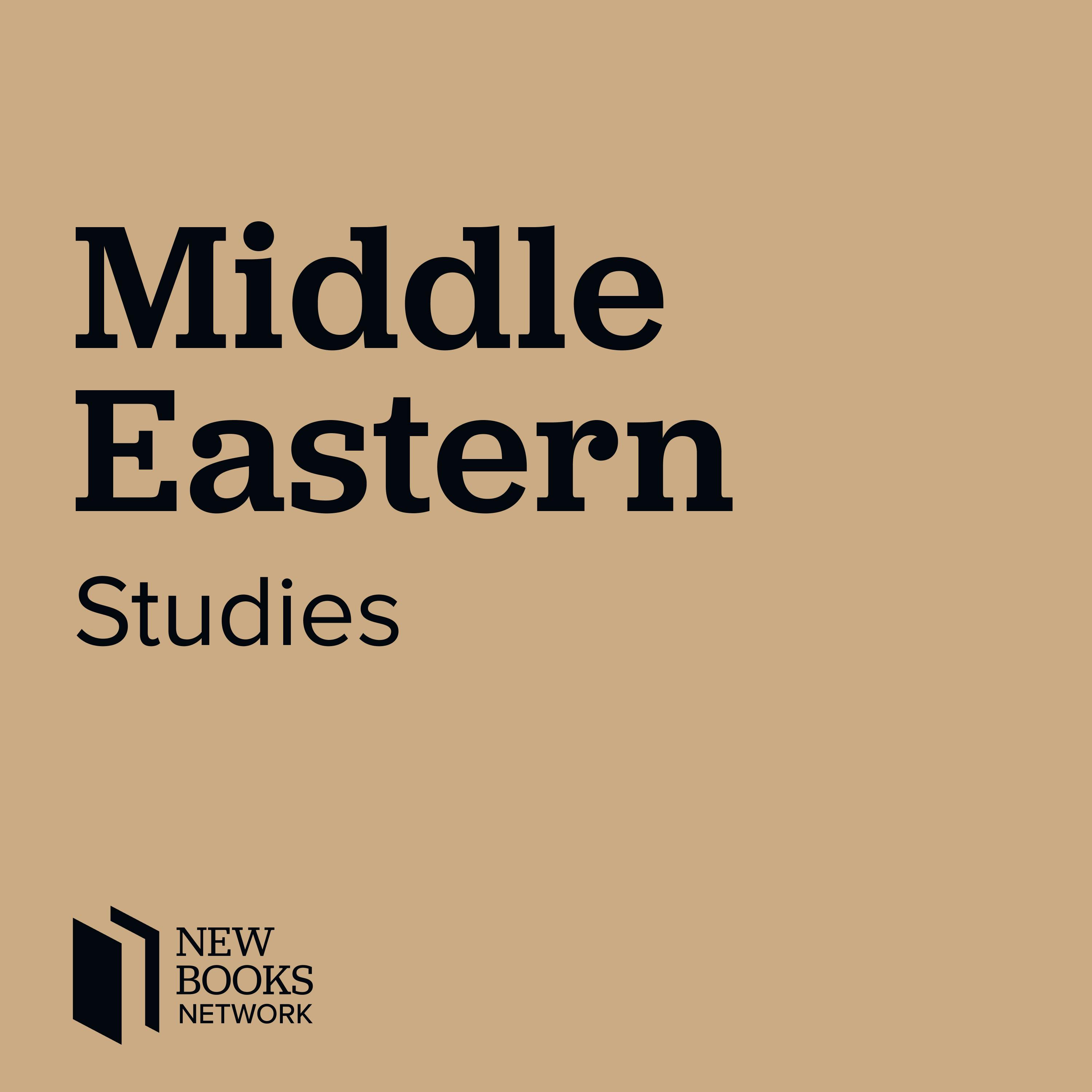Sari Nusseibeh, "Avicenna's Al-Shifā': Oriental Philosophy" (Routledge, 2018)
Description
Sari Nusseibeh's book Avicenna's Al-Shifā': Oriental Philosophy (Routledge, 2018) deals with the philosophy of Ibn Sina - Avicenna as he was known in the Latin West- a Persian Muslim who lived in the eleventh century, considered one of the most important figures in the history of philosophy.
Although much has been written about Avicenna, and especially about his major philosophical work, Al-Shifa, this book presents the rationalist Avicenna in an entirely new light, showing him to have presented a theory where our claims of knowledge about the world are in effect just that, claims, and must therefore be underwritten by our faith in God. His project enlists arguments in psychology as well as in language and logic. In a sense, the ceiling he puts on the reach of reason can be compared with later rationalists in the Western tradition, from Descartes to Kant -though, unlike Descartes, he does not deem it necessary to reconstruct his theory of knowledge via a proof of the existence of God. Indeed, Avicenna's theory presents the concept of God as being necessarily presupposed by our theory of knowledge, and God as the Necessary Being who is presupposed by an existing world where nothing of itself is what it is by an intrinsic nature, and must therefore be as it is due to an external cause. The detailed and original analysis of Avicenna's work here is presented as what he considered to be his own, or 'oriental' philosophy.
Presenting an innovative interpretation of Avicenna's thought, this book will appeal to scholars working on classical Islamic philosophy, kalām and the History of Logic.
Learn more about your ad choices. Visit megaphone.fm/adchoices
Support our show by becoming a premium member! https://newbooksnetwork.supportingcast.fm/middle-eastern-studies
More Episodes
For a brief moment in the history of Acre, there was a Hebrew community that linked old and new settlements. It had a national-Zionist orientation and consisted of Jews of local and Mizrachic origin. This community is no longer visible in the cityscape, and its history has disappeared from the...
Published 06/18/24
Nahj al-Balagha is among the most powerful, consequential, and linguistically brilliant masterpieces of Arabic and of Islamic thought and literature. Based on the orations, letters, and sayings of wisdom of ‘Ali ibn Abi Talib (d. 661), the first Imam or successor to Prophet Muhammad in Shi‘i...
Published 06/17/24
As Andrew M. Gardner explains in The Fragmentary City: Migration, Modernity, and Difference in the Urban Landscape of Doha, Qatar (Cornell UP, 2024) in Qatar and elsewhere on the Arabian Peninsula, nearly nine out of every ten residents are foreign noncitizens. Many of these foreigners reside in...
Published 06/15/24


